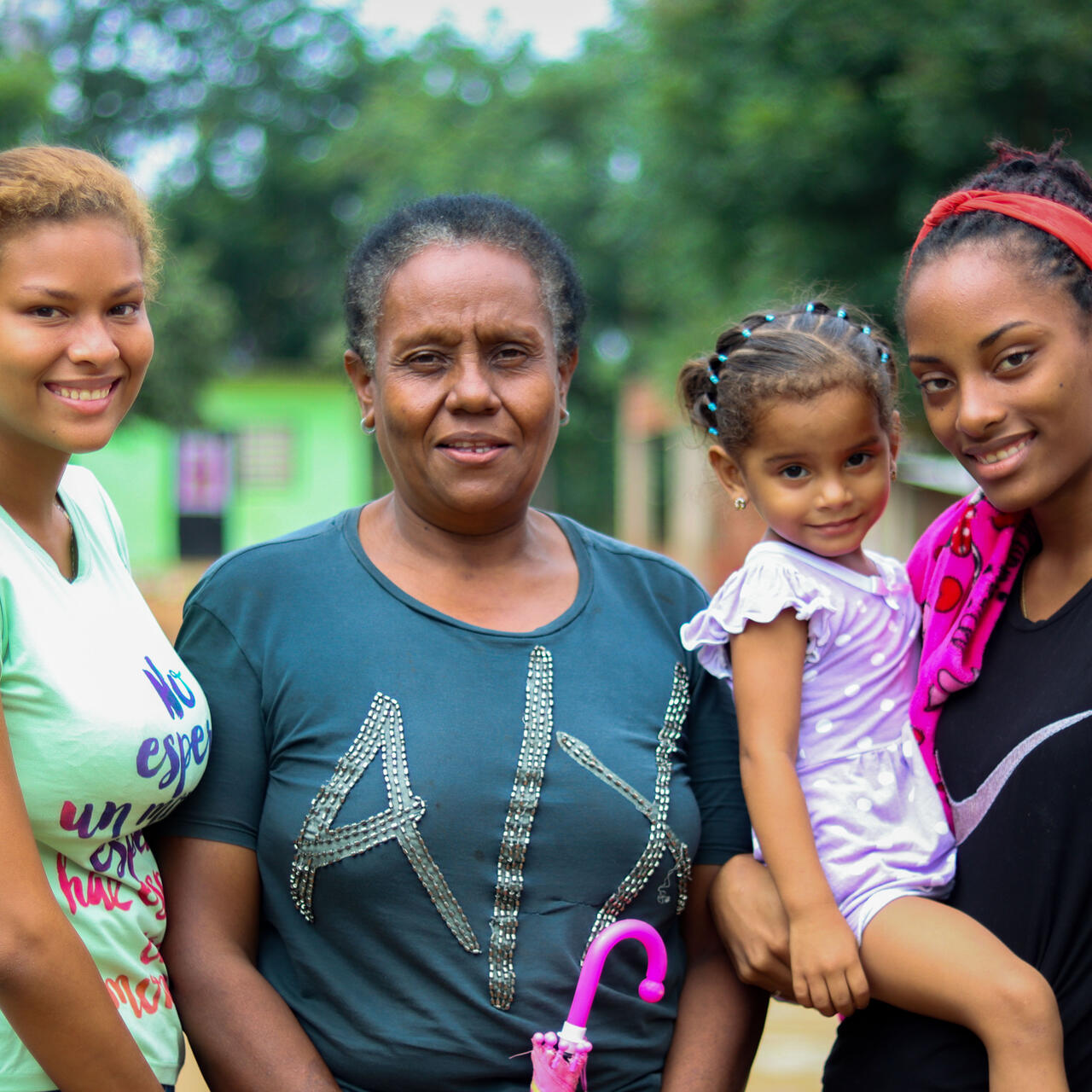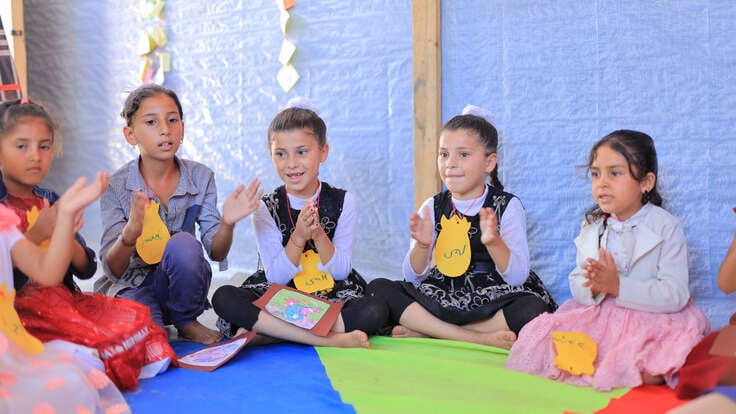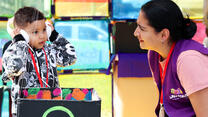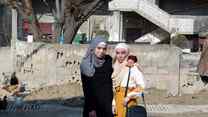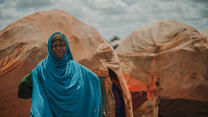Country facts
- Population: 48.7 million
- People displaced by crisis: 1.7 million Venezuelans
- Rank in Human Development Index: 83 of 193
IRC response
- Started work in Colombia: 2001, Started current response: 2018
Colombia is a lifeline for Venezuelans who have left due to insecurity, instability and violence. At least 4 million Venezuelans have crossed the border to seek refuge and that number continues to rise. The IRC launched an emergency response to provide lifesaving support to those in need.
Violence and economic crisis have forced over 4 million Venezuelans to leave the country since 2014.
An estimated 1.3 million have sought safety in Colombia and at least 35,000 reach official crossing points every day to purchase food and receive vital medical assistance; approximately 5,000 do not return. Others cross illegally and are exposed to recruitment and robbery by Colombian organized crime groups.
As political conflict and economic turmoil continue to overtake Venezuela, there is no end in sight for this crisis.
Venezuelans who remain in Colombia have very little or no money and no immediate and safe opportunities to earn income. As a result, many risk being exploited by violent groups.
Women and children are the most vulnerable during transit. Often separated from their families, they risk being recruited into gangs, sexually violated, and left living and working on the streets.
Venezuela continues to be plagued by malnutrition, lack of medical supplies, high homicide rates and the spread of diseases such as malaria and measles.
Colombia struggles to provide lifesaving resources to hundreds of thousands of Venezuelans seeking safety and shelter.
The IRC’s mission is to help people whose lives and livelihoods are shattered by conflict and disaster to survive, recover and gain control of their future.
In 2018, the IRC launched an emergency response to this rapidly deteriorating crisis in the city of Cúcuta, Colombia, the principal crossing point for thousands of Venezuelans. In 2019 we expanded our work to the city of Medellin where thousands of Venezuelans have sought refuge. We are focusing on protecting children and adolescents; protecting and empowering women; providing access to health care; and supporting people’s economic wellbeing.
Inside Venezuela, the IRC supports with partner organizations to deliver and scale up lifesaving support, including health and maternal care.
"Although the government of Colombia has extended extraordinary support to Venezuelans, conditions remain dire for many," says IRC country director Marianne Menijvar.
Just over 1 percent of Venezuelans have access to health care. Thousands live in overcrowded rooms that expose them to many dangers. They are unable to access clean toilets or provide enough food for their families. And many children are missing out on education.
More humanitarian funding is needed before this crisis deepens further.
The IRC’s work in Colombia is more critical than ever as the country struggles to support hundreds of thousands of Venezuelans affected by economic crisis and conflict. We pledge to put the needs of those most affected by crisis, specifically women and girls, at the forefront of our efforts and to achieve measurable improvements in the following areas:
Safety
People should be safe in their communities and receive support when they experience harm. To that end, the IRC launched the “Familias hacen la diferencia” (Families make a difference) program, which provides case management and psychosocial support services for children who have been harmed or are at risk of being harmed. It also works with parents to reduce violence in the home and community.
The IRC is also providing programming to ensure that women and girls who have survived violence are safe and receive the support they need to recover and grow.
Economic Wellbeing
People should have the means to meet basic needs; they should have opportunities to earn an income and build their assets. The IRC has already provided cash assistance to hundreds of families. We will continue to distribute cash cards to empower people to freely select goods and services according to their needs and preferences.
Health
People should be protected from illness and receive medical treatment when they need it. The IRC is providing reproductive health services such as a drop-in center, and maternal and sexual health services, as well as providing referrals for primary health services and care for children under the age of five.
